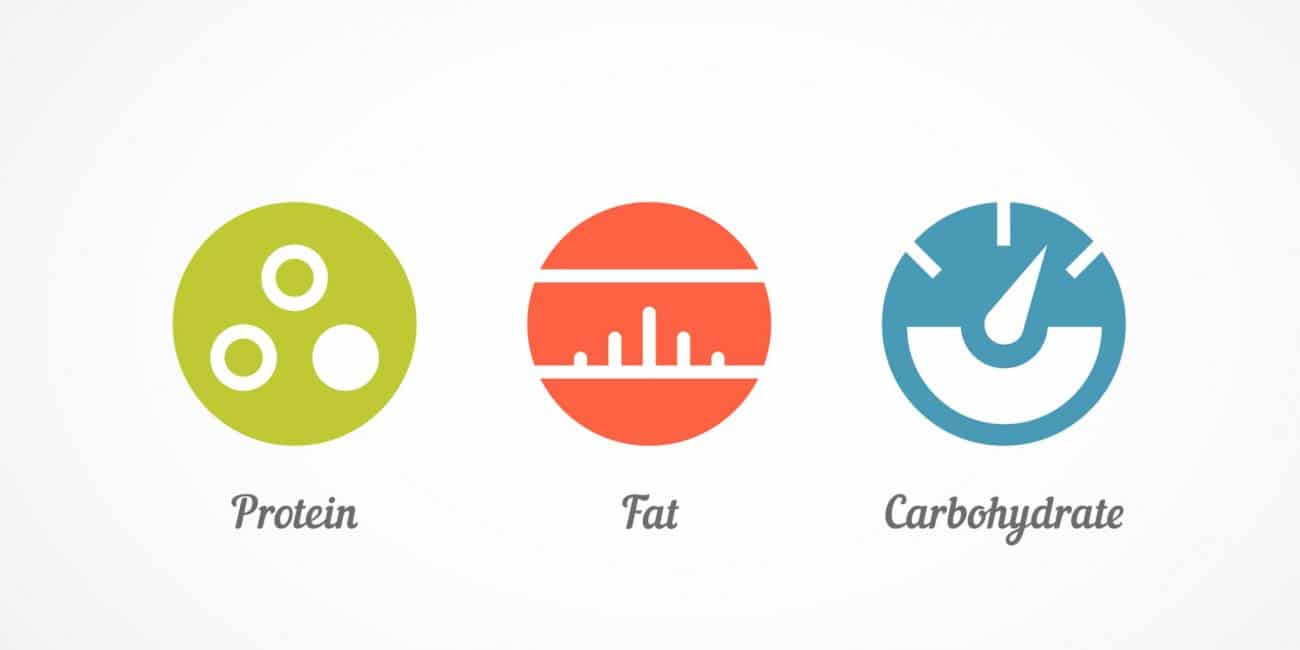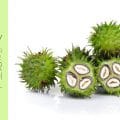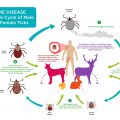Protein deficiency: signs, causes, treatment (hair loss)

Protein deficiency and hair loss
First, protein deficiency is dangerous for your health. Protein is like a fuel that supports and helps your body build healthy cells and tissue. Every cell in your body needs protein to repair and generate new tissue. It’s essential to our survival and to combat hair loss.
Your hair is made up of protein fibre and requires it to grow. If your diet lacks protein, your body will consume any available sources for its most important tasks, such as feeding your internal organs, rather than your hair follicles.
Essential amino acids are building blocks for your body. They boost your metabolism and fat-burning potential too. A protein deficiency can stem from poor absorption. Whether you are an athlete trying to lose weight, a pregnant woman, or a just an average person, protein is essential for everybody, and we could all use some extra, high-quality proteins in our diet.
Symptoms of Protein Deficiency
Protein deficiencies can lead to hair loss or dry and brittle hair. You could also experience anaemia, sluggish metabolism, trouble losing weight and building muscle mass. Other symptoms of insufficient protein include low energy, fatigue, poor concentration, difficulty learning, moodiness, muscle, bone and joint pain, slow wound healing and immune suppression.
What are proteins?
Protein is vital nutrition that is consistently used by our bodies. They nourish practically every cell of the human body. These cells include hair, skin and other processes that help us grow, heal and stay healthy.
Protein is broken down and used on a continual basis so it must constantly be replaced. It’s an essential nutrient in the food that we eat and is made up of long chains of amino acids.
Amino acids can be garnered from various types of foods. Dairy, eggs, fish and meat provide the highest concentration of amino acids. However, vegetables contain them as well.
Protein nourishes your vital organs as well as certain hormones. Your muscles and tissues all rely on protein to stay healthy. Antibodies are also created within the blood when you eat protein, through haemoglobin development.
Protein deficiency: what happens when your body isn’t getting enough protein?
High cholesterol isn’t caused by just eating fatty foods
Fatty food isn’t the only culprit for high cholesterol (in fact, healthy fats are good for you and are an important part of my daily diet), it’s also a result of eating too many processed foods, increased inflammation and hormonal imbalances. Those replacing their protein meals with refined carbs, sugary snacks and other processed foods, may experience increased cholesterol and triglycerides. Your liver and body cells will process fats less efficiently when you eat such foods.
Amino acids fuel your neurotransmitters
Proteins ensure that your neurotransmitters work correctly. These amino acids (proteins) are the building blocks of your body, including fuel for the neurotransmitters. Serotonin and dopamine are two hormones that rely heavily on proper protein intake. Both of these hormones help you experience calm and positive emotions.
Low protein can cause fat gain and disappointing training results.
Muscle maintenance and growth requires protein. Your muscles can atrophy without the right amount of protein in your diet. Protein deficiency may also cause fatigue and exhaustion when you’re trying to complete workouts. Proteins are essential to have sufficient energy and motivation. When your diet is deficient in proteins, it can also cause fat gain and disappointing results from training, even if you train harder. Your body really needs sufficient proteins to repair tissues and cell energy.
Inadequate sleep from low protein intake?
Insomnia and difficulty sleeping can result from a diet low in protein which causes unstable blood sugar. This also causes a decrease in serotonin and a rise in cortisol.
The blood sugar swings your body has to cope with during the day from eating too many carbohydrates will carry on in the night.
Try eating a little protein in the evening, (but not too much, as this can keep you awake too, or drink a little bit bone-broth). This will have a minimal effect on your blood glucose level and may help you produce more tryptophan and serotonin.
Including protein in a meal is shown to slow down the absorption of sugar.
Poor concentration, difficulty learning, lack of motivation: review your protein intake.
Proteins are responsible for supporting your neurological system. Low protein often affects your thinking first. You may feel a sense of “brain fog”, difficulty concentrating, general lack of motivation and problems absorbing new information. Your neurotransmitters cannot work optimally without amino-acids. These amino acids are processed in the brain into neurotransmitters. A balanced diet that includes sufficient daily protein intakes (and make sure you absorb them too) ensures your motor skills and thinking are optimal.
You’re gassy and can’t go to the bathroom
Digestion and metabolic functioning are protein-dependent. Low protein can lead to muscle contractions in your GI tract, a slowdown in enzyme production and other digestion issues. This can leave you feeling sluggish and run down.
Your pants are feeling tighter
They may be higher in calories compared to carbs, but high protein foods are known to make you feel fuller, quicker. Adding more protein to your meals ensures you don’t overeat or snack throughout the day. Protein-rich food can also keep your junk food cravings at bay by stabilising blood sugar levels, which ultimately helps you burn more calories.
Irregular menstrual cycles
Polycystic ovary syndrome (PCOS) is the primary cause of irregular periods and infertility women. Those with this condition often suffer from obesity or pre-diabetes. A low-protein diet, high-carb diet can contribute to both of these conditions.
Slow healing
A lack of protein may result in loss of muscle, which makes bones weaker and increases the risk of fractures, even osteoporosis. Your bones cannot absorb calcium without protein.
Treatment of protein deficiency
HOW MUCH DO PROTEIN YOU NEED?
The amount of protein that each person needs varies based on factors such as age, gender, weight and activity levels.
An easy way to figure out how much protein you need is by eating half of your body weight in grams. For instance, if you weigh 150 pounds, try to eat 75 grams of protein a day. If you are active, pregnant or under other types of extra strain, try increasing your protein intake slightly to see if things improve.
ALWAYS EAY HIGH-QUALITY PROTEIN
Let’s simplify protein intake to make it more practical to implement. Aim to eat a good mix of plant and animal-based foods to meet your body’s protein requirements.
For animal protein, you want to go for organic chicken, grass-fed beef, lamb, wild-caught salmon and turkey. Eating meat or fish for every meal, every day, can be quite taxing on the environment, not to mention expensive, so mix it up.
Examples of plants that contain significant amounts of protein are broccoli, spinach, kale, Brussels sprouts, adzuki beans, mung beans and lentils. Nuts, seeds, flax, chia and hemp are also rich in protein.
Protein powders are also a legitimate source of protein. There are various options, such as pea, cricket and bone broth powders. In addition to protein, bone broth offers the benefits of collagen and glucosamine, which aid your joints, skin and GI tract.
Combat protein deficiency: discover more about proteins and healthy fats
FOOD THAT HEALS YOU
When I first decided to overhaul my diet, I discovered several doctors with an interesting theory of healing the body through food. One of those doctors was Dr Axe, who created The Healing Food Diet. His theory is that we should eat an equal amount of proteins, healthy fats and carbs with a low GI (glycemic index).
Another doctor whose blog I’ve been reading for years is Dr Sarah Ballantyne from The Paleo Mom. Her view is that our daily fat intake should be between 30 to 50 % of our daily calories. I put their advice into practice and can honestly say that it changed my life!
It’s also important to note that you need to take cues from your body as we are all different. A diet that works for me, may not necessarily be right for you so always bear this in mind. Adapt small changes at a time and see how they make you feel.
BONE BROTH – an excellent source of healthy proteins and collagen
I started drinking broth after becoming chronically ill and exhausted. I was introduced to the Gaps diet*** by one of the many people I worked with during my search to recover from these health issues. To me, this bouillon full of proteins, minerals and healthy nutrients was a medicine to heal my body. Bone broth boosts bone and tooth health. It contains essential minerals like calcium, phosphorus, magnesium and potassium in their most bioavailable forms. It also detoxifies and supports a healthy gut and immune system and promotes healthy skin, hair and nails, and joint health and comfort.
Bone broth changed my life! I had a lot of collagen issues in my body and bone broth kept it under control somehow. I now consider this protein-rich broth a food staple that I’ll continue to have for the rest of my life.
Bone broth is a centuries-old remedy, that’s evolved from pre-historic drink to a popular, trendy beverage! In fact, media outlets like Huffington Post and The New York Times are touting bone broth as the hottest health trend. This delicious drink has gained even more popularity in recent years since the emergence of new diets like Paleo and Gap.
An ancient, traditional food; bone broth is touted for its health benefits. Many trained chefs and Michelin star restaurants even use it as a base for fine cuisines. It’s extremely healthy, delicious, and turns many dishes into a real treat! I’m not one to follow trends – I was drinking bone broth long before the hype. In fact, it’s been part of my daily routine for almost eight years.
Cut down calories and hunger-free weight loss with nutritious bone-broth
Dr Kellyann’s best-selling book, ‘The Bone Broth Diet’, states that bone broth is her secret weapon for fast, hunger-free weight loss. Besides cutting down on calories, Dr Kellyann says that mini-fasts optimise hormones because they cause insulin to drop and glucagon to rise. Insulin packs on fat and glucagon pull the fat out of cells.
Mini-fasts make growth hormone levels surge. Growth hormone burns fat, builds lean muscle, and sculpts the arms and legs. You can raise growth hormone levels naturally with one or two mini-fasts per week.
Dr Kellyann says “small fasts cleanse the body’s cellular matrix. It removes toxins that cause your body to slow down and ramps up autophagy, which rids the body of old, tired cells that can’t burn energy efficiently. “
However, with my history of bulimia and anorexia and problems with hypoglycaemia, I’m a little bit hesitant with fasting.
Bone broth is a hearty, rich, complex drink that fills you up without making you fat and without adding extra pounds. Celebrities like Shailene Woodley, Gwyneth Paltrow and Kobe Bryant are said to be hooked on a daily dose of bone broth.
If you would like to read about the 55 hair loss causes, please ensure to check out this link.
Or to discover more information about optimal health and living a holistic lifestyle, click here.
Empowering others via my anti-ageing wellness platform and holistic health books
I hope you liked this protein deficiency article. If you would like to learn more about clean living and how I saved my life from being chronically ill and tired to the lively person I am today, ensure to check out other pages of this anti-ageing wellness platform.
Or if you want to discover my no BS guides on how to regain your health, hair and life, ensure to check out my holistic anti-ageing wellness books
After a frustrating decade of battling several chronic illnesses, I became disillusioned with the medical system and decided to take my health into my own hands.
Now, through my books and wellness platform, I want to empower people around the world do the same and regain their health, hair, life and beauty!
Let me help you right now!
Receive YOUR Welcome Kit that includes a wide range of topics, from simple and easy healthy brain recipes to clean living, ditching toxic chemicals with loads of practical advice that you can implement immediately
.




